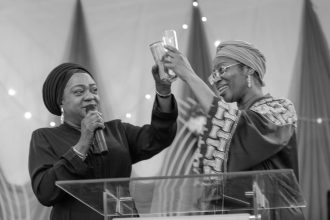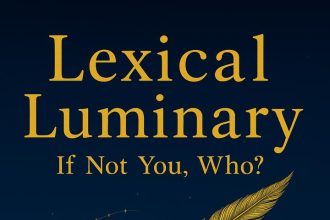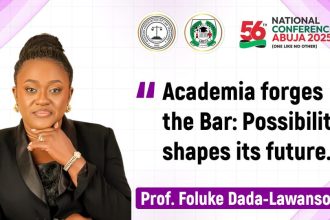On 12 June 2025, during his Democracy Day address to a joint sitting of the National Assembly, President Bola Ahmed Tinubu granted the Ogoni Nine a presidential pardon and conferred posthumous national honours on them.
While many Nigerians hailed the gesture, others argued that the President should instead have granted them an exoneration. It is therefore important to try to distinguish between a pardon and an exoneration; but it is useful to remember what the Ogoni Nine were and why their case still resonates.
In 1995, nine Ogoni activists, including the renowned writer and environmentalist Ken Saro-Wiwa, were arrested, tried by a special military tribunal, and executed. What was their crime? They were accused of involvement in the murder of four Ogoni chiefs.
The proceedings were widely criticised for the absence of transparency, due process, and fairness. The tribunal’s lack of impartiality and the rushed trial process have been particularly contentious. All nine men were hanged to death on 10 November 1995. This sparked worldwide condemnation and Nigeria’s suspension from the Commonwealth.

The condemnation appeared valid, as these activists were leaders of the Movement for the Survival of the Ogoni People (MOSOP), which campaigned against the environmental devastation of Ogoni land by multinational oil companies and criticised the Nigerian government’s neglect of the region.
It was rather convenient that they had to face a rather speedy and hasty trial, which resulted in their death.
In President Tinubu’s democracy speech to the joint house of the National Assembly, he stated, “I shall be exercising my powers under the prerogative of mercy to grant these individuals a full pardon…
Furthermore, I confer posthumous national honours on Ken Saro-Wiwa (CON) and his fellow activists.”
The declaration was celebrated as a step toward reconciliation and recognition of historical injustice; it, however, also raised important questions about what a pardon actually is and whether an exoneration would have been more appropriate.

What Is a Presidential Pardon?
A presidential pardon is an act of clemency that forgives a person for an offence and removes or reduces the penalties attached to it. In Nigeria, the power is anchored in section 175 of the 1999 Constitution, which empowers the President, after consulting the Council of State, to grant a pardon, respite, or remission of sentence.
It must be pointed out that a pardon does not overturn the conviction. It also does not erase the criminal record. What it simply does is grant forgiveness for the offence, allowing the individual to move forward without further penalty.
President Tinubu is not the first to use such powers. Several Nigerian presidents have exercised the prerogative of mercy in the past. Former President Olusegun Obasanjo pardoned militants from the Niger Delta in 2000.
Also, former President Goodluck Jonathan pardoned Ex-Bayelsa Governor Diepreye Alamieyeseigha and eight others in 2013, while Former President Muhammadu Buhari exercised the power to pardon Ex-Governors Joshua Dariye and Jolly Nyame and 157 other inmates in 2022.
On the other hand, What Is an Exoneration?
An exoneration is a judicial or legal declaration of innocence. It usually follows the discovery of new evidence, such as DNA, fresh witness testimony, or proof of procedural flaws, that shows the convicted person did not commit the offence.
An exoneration nullifies the conviction, restores the individual’s legal status as innocent, and most importantly, always comes through a court-ordered review, retrial, or appeal.
Unlike a pardon, exoneration recognises that the justice system erred and corrects the record entirely.
When President Tinubu pardoned the Ogoni Nine, some commentators suggested that what the President would have done was to exonerate them.
While the argument is emotional and sympathetic, the President, however, does not have the powers to review a judgment of the court, no matter how flawed it is perceived to be.
Rather, President Tinubu’s pardon is a powerful reconciliatory gesture, especially when paired with posthumous honours. Even though the convictions remain on the legal record, they have now been pardoned and given a clean slate under our laws.
Any call for exoneration must be pursued through the courts or by a legislative act specifically voiding the tribunal’s findings.
President Tinubu’s pardon of the Ogoni Nine is a landmark acknowledgement of past wrongs and a gesture of national healing. It should be applauded.
Yet, those seeking exoneration must recognise that only the judiciary (or a special legislative mechanism) can formally declare the Ogoni Nine innocent and expunge their convictions.
Until such a process occurs, the difference between pardon and exoneration will continue to shape the conversation about true justice for the Ogoni Nine.
Henry Barnabas Ehi is a partner at Maxon & Prime Legal and currently the Assistant General Secretary of the Nigerian Bar Association)









